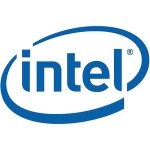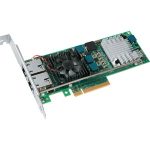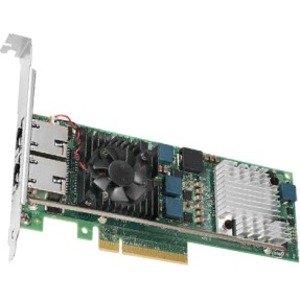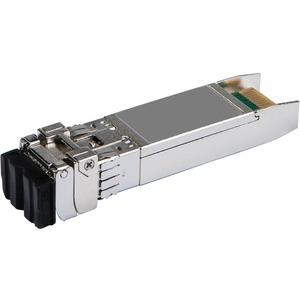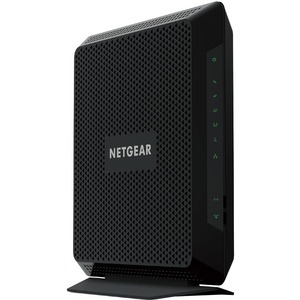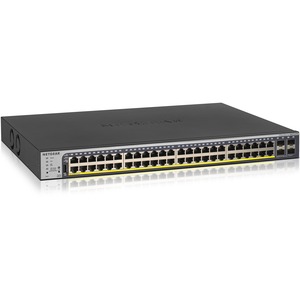Description
Intel-IMSourcing X520-T2 Dual-Port 10 Gigabit Ethernet Server Adapter – PCI Express 2.0 x8 – 2 Port(s) – 2 – Twisted Pair – 10GBase-T – Plug-in CardFlexibility and scalability in virtual and unified storage environments
Intel® Ethernet X520-T2 is the newest 10GBASE-T adapter to join the 10 Gigabit X520 series of server adapters designed for multi-core processors and optimized for virtualization.
- Provides bandwidth-intensive applications with highly affordable 10 GbE network performance, including cost-effective Rj-45 connections up to 100 meters.
- Delivers industry-leading I/O virtualization capabilities with superior virtualization performance and virtual machine (VM) flexibility, plus broad virtual machine manager (VMM) support.
- Supports native OS iSCSI acceleration for optimal performance, and it is the most-cost-effective way to connect servers to iSCSI SANs.
Intel® Virtualization Technology for Connectivity on Dell PowerEdge servers
Intel® Virtualization Technology for Connectivity (VT-c) is a suite of hardware assists that reduces I/O bottlenecks in a virtualized server, improving performance, flexibility and virtual machine scalability. Using emulation mode or direct access mode, it lowers the I/O overhead, which optimizes CPU usage, reduces system latency and improves I/O throughput.
Intel® VT-c includes:
- Virtual Machine Device Queues (VMDq): In the emulation mode, VMDq optimizes network performance by offloading data sorting and copying from the software virtual switch in the VMM to the Intel® Ethernet 82599 10 Gigabit controller. This configuration is best suited for a large number of VMs running standard applications that have limited bandwidth and latency requirements.
- SR-IOV: In direct access mode, industry standards-based SR-IOV provides direct VM connectivity and data protection across the VM. It also provides flexibility and mobility by facilitating live VM migration. SR-IOV allows the data to bypass the software virtual switch, providing near-native performance. It assigns either physical or virtual I/O ports directly to individual VMs. This technology is best suited for high I/O throughput, low-latency applications, such as data base, storage, financial and others.

